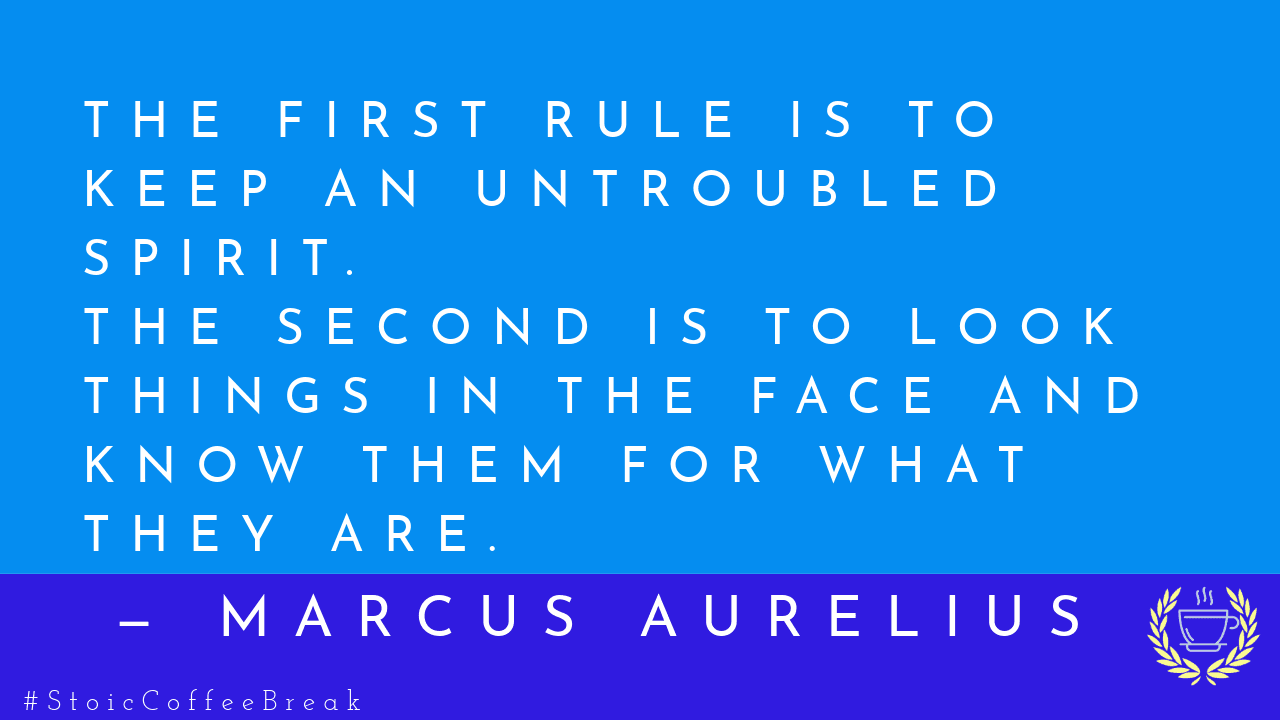Category: stoicism
-

288 – Starting Stoicism
“Very little is needed to make a happy life; it is all within yourself, in your way of thinking.” —Marcus Aurelius New to Stoicism? Embark on a journey into Stoicism, an ancient philosophy that teaches the mastery of self through control, judgment, and understanding emotions. Discover practical wisdom for living a virtuous life amidst modern…
-

217 – Interview With Donald J. Robertson
An interview with Donald J. Robertson about his new graphic novel about Marcus Aurelius called Verissimus. We talk about all kinds of stoic history and the politics of his day.
-

216 – Give yourself fully to your endeavors
Forget everything else. Keep hold of this alone and remember it: Each of us lives only now, this brief instant. —Marcus Aurelius Don’t let fear, low self-esteem and the negative voices hold you back from your true destiny. —David Goggins
-

215 – The Space Between
“When force of circumstance upsets your equanimity, lose no time in recovering your self-control, and do not remain out of tune longer than you can help. Habitual recurrence to the harmony will increase your mastery of it.” ― Marcus Aurelius
-

214 – Embody Your Philosophy
Don’t explain your philosophy. Embody it. — Epictetus. The hardest thing about any philosophy is being able to apply what you learn in real life. We can read all the books, watch all the videos, follow all the gurus, but until we actually apply what we’ve learned, all of that learning is worthless.
-

197 – What’s Your Excuse?
“Now is the time to get serious about living your ideals. How long can you afford to put off who you really want to be? Your nobler self cannot wait any longer. Put your principles into practice–now. Stop the excuses and the procrastination. This is your life! […] Decide to be extraordinary and do what…
-

196 – How To Win An Argument
“It is possible to curb your arrogance, to overcome pleasure and pain, to rise above your ambition, and to not be angry with stupid and ungrateful people — yes, even to care for them.” — Marcus Aurelius How do you win an argument? All of us have to deal with conflict in our lives. To…
-

194 – Find Your Why
“So you were born to feel ‘nice’? Instead of doing things and experiencing them? Don’t you see the plants, the birds, the ants and spiders and bees going about their individual tasks, putting the world in order, as best they can? And you’re not willing to do your job as a human being? Why aren’t…
-

192 – Self-Sovereign
“Be content to seem what you really are.” — Marcus Aurelius One of the hardest things in our lives is to be completely honest with our selves and with those around us. Why is that? Why do we hide parts of ourselves or lie about how we feel, especially with those we love the most?
-

191 – Get Busy With Life’s Purpose
“Get busy with life’s purpose, toss aside empty hopes, get active in your own rescue — if you care for yourself at all — and do it while you can.” — Marcus Aurelius. Does being a Stoic mean you can be apathetic? Does not reacting mean that you just give up? Because Stoicism is about…